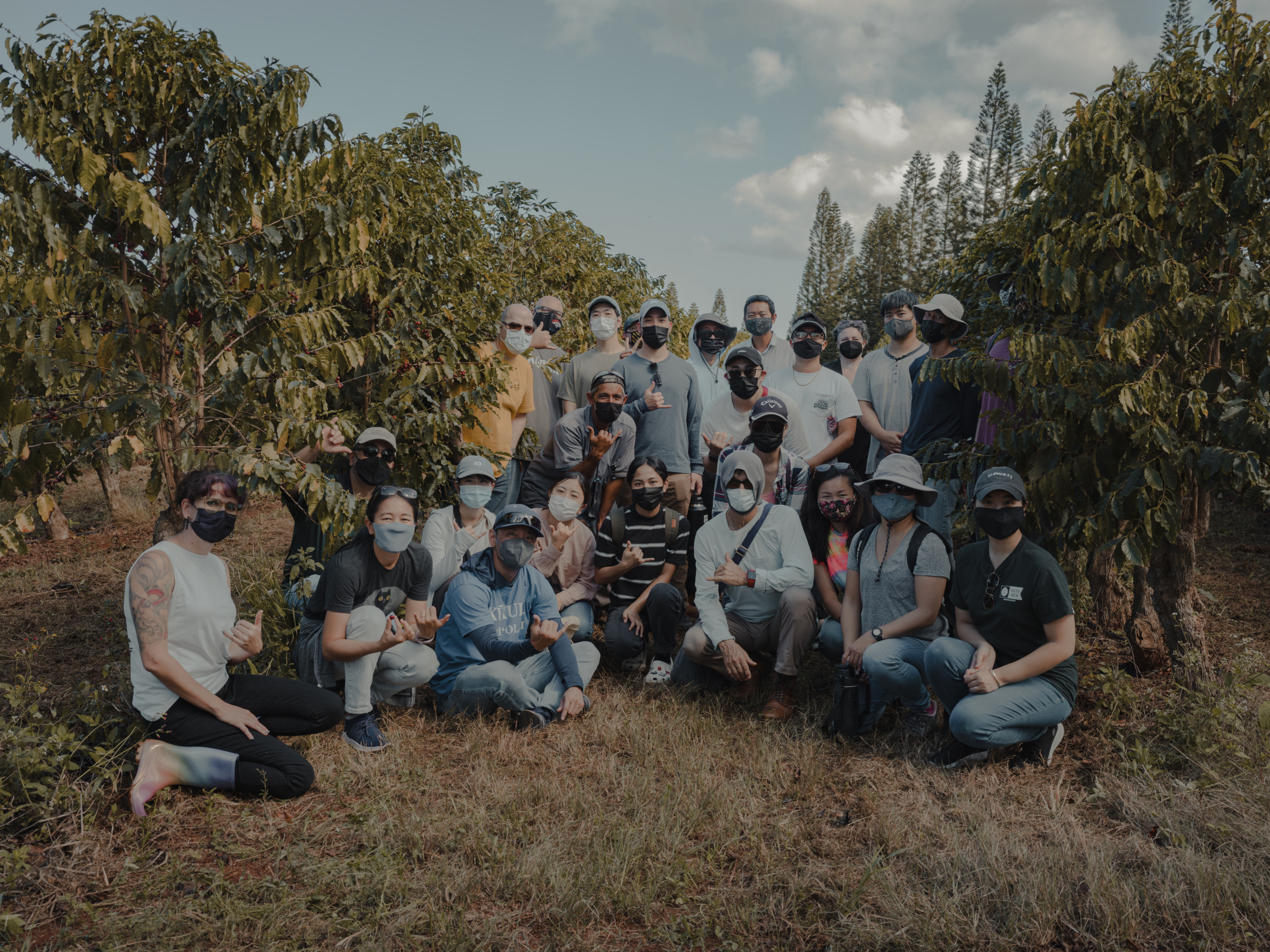Environmental Advantages of Organic Coffee Farming
Organic coffee cultivation in Peru emphasizes sustainable practices that benefit the environment:- Biodiversity Conservation: Organic farms often incorporate shade-grown techniques, preserving native trees and providing habitats for various wildlife species.
- Soil Health Improvement: By avoiding synthetic fertilizers and pesticides, organic farming maintains soil fertility and reduces erosion.
- Water Quality Protection: The absence of harmful chemicals in organic farming prevents water contamination, safeguarding aquatic ecosystems.
Challenges Faced by Organic Coffee Farmers
Despite the environmental benefits, organic coffee farmers in Peru encounter several obstacles:- Higher Production Costs: Organic farming can be more labor-intensive and may yield lower outputs, leading to increased costs.
- Market Access Difficulties: Small-scale farmers often struggle to access premium markets that value organic products.
- Certification Expenses: Obtaining organic certification can be costly and complex, posing a barrier for many producers.
The Path Forward
To enhance the environmental and economic sustainability of Peru's organic coffee sector, the following steps are essential:- Support for Farmers: Providing financial assistance and resources can help farmers transition to and maintain organic practices.
- Market Development: Expanding access to markets that appreciate and pay premiums for organic coffee can improve profitability for producers.
- Education and Training: Offering training on organic farming techniques can empower farmers to adopt sustainable methods effectively.

 Contact Our Team!
Contact Our Team!


